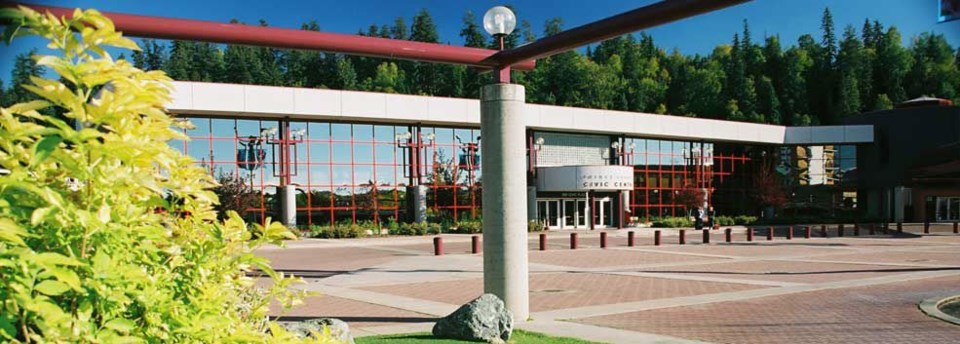One of the most profound decisions in local history is sliding down the calendar. This autumn, the members of the Lheidli T'enneh First Nation will vote on the treaty document prepared by the three parties at the negotiation table: the federal government, the provincial government and the LTFN government.
To help people understand the proposal, an open house will be held today at the Prince George Civic Centre hosted by the LTFN.
As the Minister of Aboriginal Relations and Reconciliation, John Rustad has spent the past three years bringing new methods of sharing the decision making, land-use planning and revenue sharing between the jurisdiction of British Columbia and the many First Nation jurisdictions that comprise the province.
Almost all of B.C. is non-ceded territory meaning no war was ever fought and no concessions ever made by the original inhabitants to give power over to colonial inhabitants. Assumptions of power by colonial bodies (including the general public) have been soundly trounced by a number of court decisions. Rustad is in the position, at a critical juncture of B.C. history, of helping shape a new way of cooperating, both culturally and economically.
This week's open house and the pending treaty vote for the LTFN represents all these forces coming as close to home as is possible. Rustad was born and raised in Lheidli territory.
"The open house is about making sure the Lheidli T'enneh membership has the information it wants to have, to answer the questions those members have, in order to be informed," said Rustad who stressed that he is strictly an observer in these events. He has no personal position other than everyone being as informed as possible.
"It is a community conversation and part of a whole plan LTFN has to get the correct information out in advance of the voting dates," he said.
Rustad said the provincial government was interested in helping all B.C.'s aboriginal cultures attain the level of partnership they themselves determined to be appropriate. Some are in a position for such things as forestry agreements, or mining deals that represent a fair use of their land and a fair return to their local membership for allowing such activities. While other First Nations are in more complex circumstances and are interested in moving up the scale of capacity towards a full formal treaty. In older times, the First Nations of northeastern B.C. signed the Treaty Eight document, which was done more than 100 years ago and was a direct negotiation with the British Crown. Also, B.C.'s first colonial governor James Douglas negotiated a treaty agreement with a collection of First Nations in the area on which the City of Victoria now sits.
In modern times, few First Nations have gotten to full ratification of a treaty. The first was the Nisga'a followed by the Tsawwassen First Nation, five conjoined treaties for the Maa-nulth First Nations group, and the most recent was this year's finalization of the Tla'amin (Sliammon) First Nation.
The LTFN would have been in that list back in 2007 when a treaty was first proposed, but the membership then elected to not sign the document at that time.
Rustad said more is now understood about what the treaty on the table today means to the future of the three sides, there is much more clarity from the courts over base relationships between the three sides, and more has been done in that time by the LTFN to build their own internal skills and resources.
"As a provincial government we are trying to support what the Lheidli T'enneh people want to do. It is their decision, and I'm trying hard to be as helpful and encouraging as possible but only for that which the LTFN wishes for themselves," he said.
Rustad said he has only seen success and comparative prosperity for the First Nations who have signed a modern treaty in B.C., but he also wants to be clear that those were First Nations who arrived at that signature by way of building themselves through a long process to that point. Treaties are only signed by First Nations who are at that threshold, not dreaming of reaching the threshold one day.
"Treaty is not a separation, it is framework for partnership," Rustad said. "It brings all the sides together under a set of understood principles. And we certainly want success for the Lheidli T'enneh people, no matter how they choose to pursue success. We are all in this boat together, no matter how the boat gets paddled. A treaty sets up obligations for each side, we all have to work together, and together we can achieve success. We are all a part of each other's circumstances, good and bad, successes and challenges."
The open house happens today at the Civic Centre from 5-8 p.m.
The LTFN treaty vote happens in a set of polling events spread around the province for maximum membership opportunity. On Oct. 15, the polling station will be in Vancouver, on Oct. 18 it will be in Prince Rupert and on Oct. 21 and 22 it will be in Prince George.



